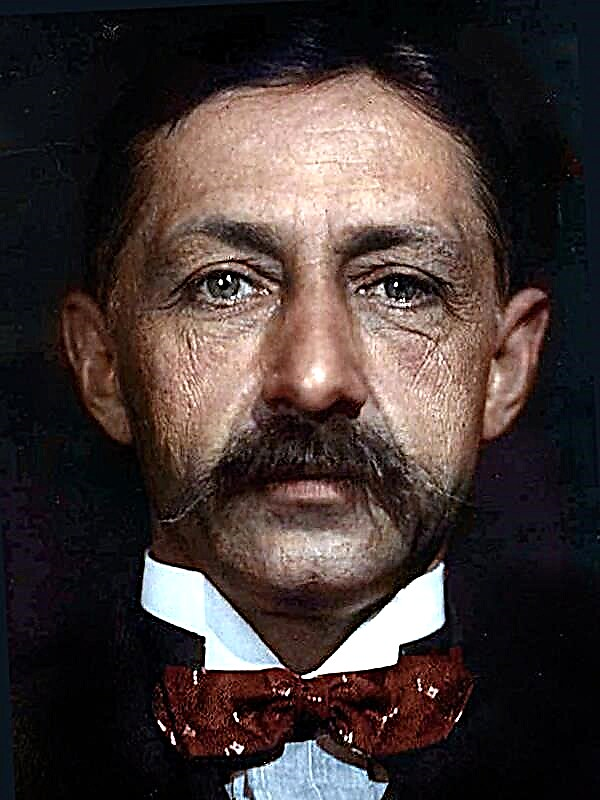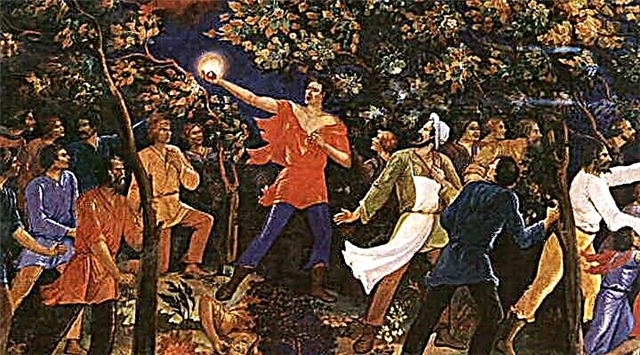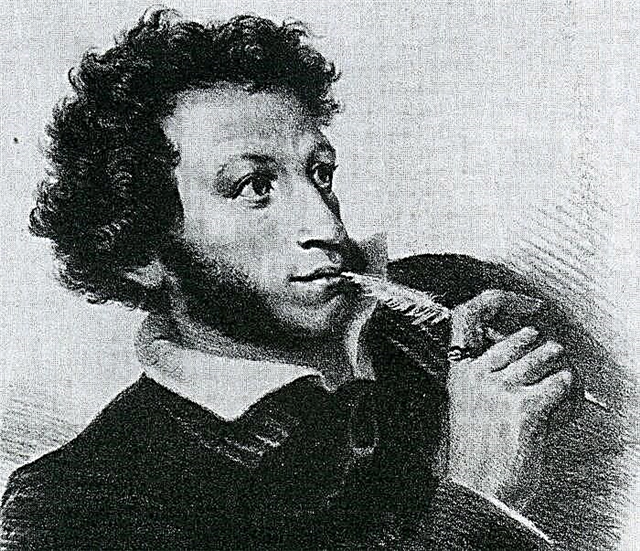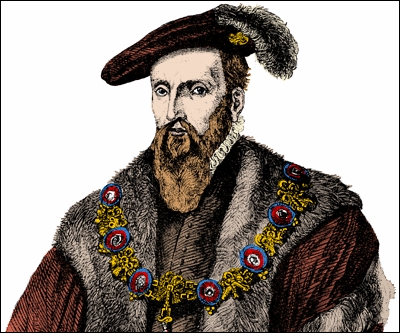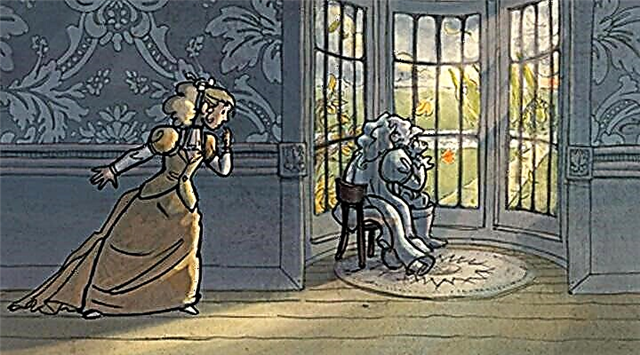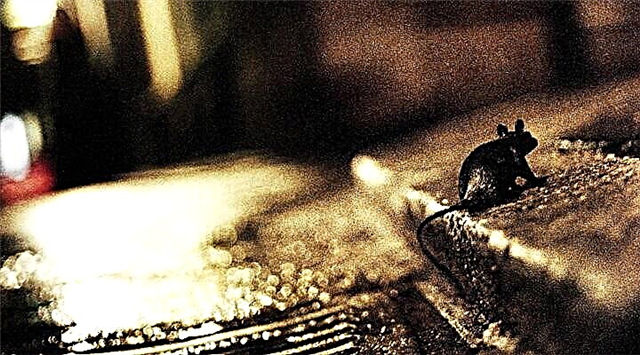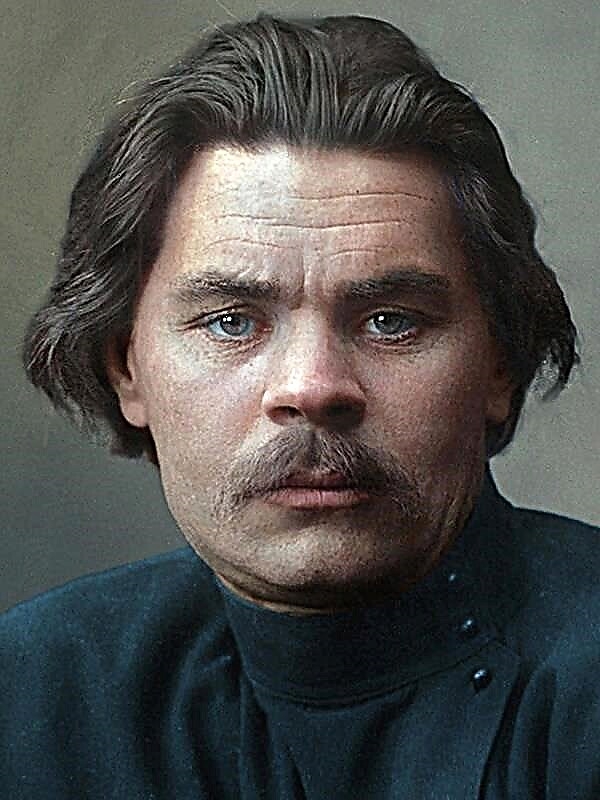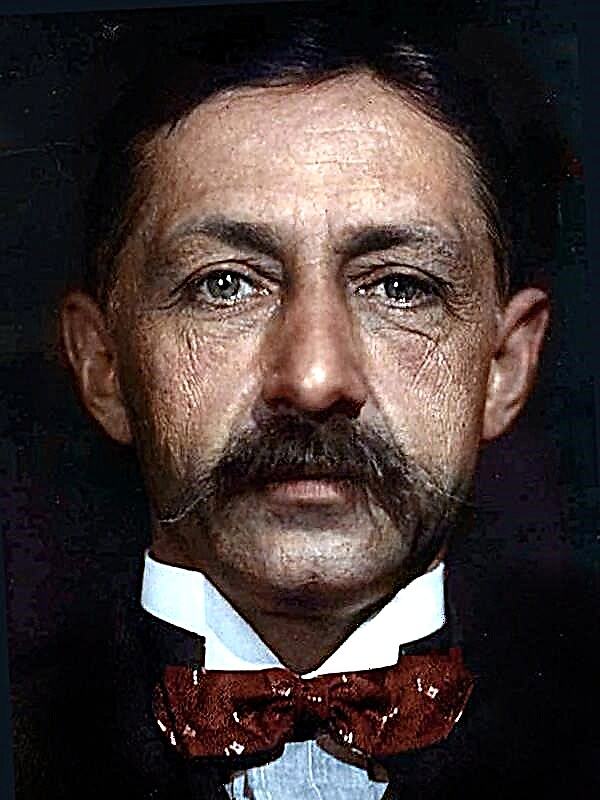Share
Pin
Tweet
Send
Share
Send
A. Chekhov hated lies, hypocrisy and stupidity, and therefore believed that people who possess such qualities are not capable of kindness and mercy, their destiny is cruelty. And, despite the tragic situation of the characters in the play “The Cherry Orchard”, there is still a glimpse of morality in the book. However, cruelty is still greater.
- (Latent cruelty, cruelty - selfishness and indifference) Sometimes outward courtesy disguises a cold and cruel nature. For example, Lyubov Ranevskaya was hiding behind her own screen of “luxury” when there was barely enough money for existence. On the last day before the auction, she organized a magnificent reception, if only the guests did not doubt her hospitality and generosity. Preserving beautiful manners, the woman calmly and selfishly threw the fate of the estate, which could become a dowry for her daughters, by gravity. But the heroine thought only of her own well-being, while poor children suffered from her cruelty, whom she left in the care of “uncle”. Lyubov Andreevna not only allowed herself to lose her family nest, but also thoughtlessly wasted all her family money on maintaining her lover and having fun abroad. The mother did not bother the future of the daughters; she lived here and now only for herself. But at the same time, the heroine portrayed tenderness, care and even nostalgia for her childhood, as if the family meant something to her. Such an attitude towards loved ones is the height of cruelty embodied in decent selfishness. However, Ranevskaya hid her true face under aristocratic gimmicks, so no one noticed her cruelty.
- (Kindness does not bring happiness) While the inhabitants of the house are busy with unnecessary problems for anyone, Yermolai Lopakhin is busy thinking about a plan to “save” them. He offers the only reasonable option - to divide the garden into summer cottages and lease them, paying off debts. However, his proposal is ignored. The basis of his behavior, of course, is good-naturedness in relation to “friends”, whom he is sincerely ready to help, albeit pursuing personal goals. Despite his aggressive instinct and rudeness of circumvention, the hero is a sincere, kind and peaceful person, suffering from psychological inequality with former gentlemen. Throughout the play, he tried to make an offer to the adopted daughter of Ranevskaya, but did not dare to do it, because, despite his wealth and success, he did not consider himself to be an equal young lady. Although his proposal would be a blessing for her, because without a luxurious dowry and a good pedigree, she could not find a husband. However, all his good intentions are broken about a misunderstanding on the part of others. They do not bring him happiness, which he repeatedly speaks of in conversations with other heroes.
- (What qualities does a good person have?) A bright “creature” that has good intentions and intentions is Anya, the heroine of the play “The Cherry Orchard”. She sincerely believes that instead of the former site, you can plant an even more beautiful and fertile garden. The girl does not wish evil to anyone, in her future garden there is a place for every person, regardless of their social status and income. There, people are judged by other criteria - by intelligence, nobility and abilities. Thinking of a beautiful future, the heroine learns virtues in the present tense. She does not judge mother for her wastefulness and depravity, and uncle - for his selfishness and inability to live in the material world. Anya relies on herself and does not shift responsibility for her life to other people. But its most important advantage is the desire to take care of the interests of the whole society. That is why Anya can be considered a good person, since she wants happiness not only to herself, but to the entire estate. Thus, kindness involves the development of such qualities as sensitivity, tact, justice and the ability to take care of other people.
- (Why does a person become cruel?) The causes of cruelty are rooted in the origin of man. For example, the hero of the play “The Cherry Orchard” was a descendant of a serf who bought himself and his family. Lopakhin inherited the stubbornness and thrift of his ancestor, as well as his practical mind. All these qualities are an excellent inheritance that brought a man to people. But with it he received a plebeian complex. Lopakhin was still not equal to the masters, because the lawlessness of his forefathers bubbled in his soul. Old resentments came to life with him. Buying a house and a garden became his personal revenge on the nobles, who for centuries considered his ancestors below themselves. It was not for nothing that Chekhov showed his vices, which he began to acquire after purchasing the estate. Toughness for Lopakhin is an acquired evil, it broke his sensitive soul when the desire to get even with the former masters of life began to prevail over the love of the young lady and the desire to help Ranevskaya. Becoming the owner of the cherry orchard, he is changing, becoming tough and tactless. A thirst for power awakens in him, so he cuts down cherries, without waiting for the departure of the former owners. In the behavior of Lopakhin, there is a centuries-old resentment of the peasants, who, finally, will be able to recoup on those who pushed them all these years. It contains class hatred caused by exacerbation of social inequality.
Share
Pin
Tweet
Send
Share
Send




